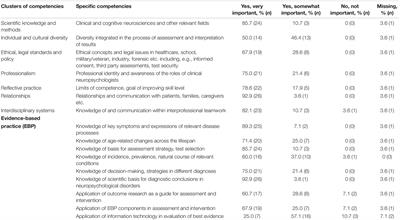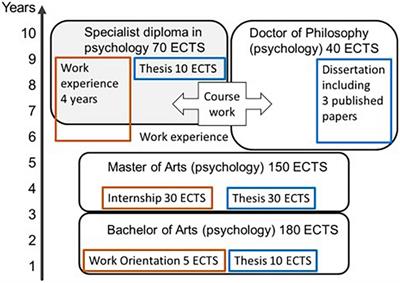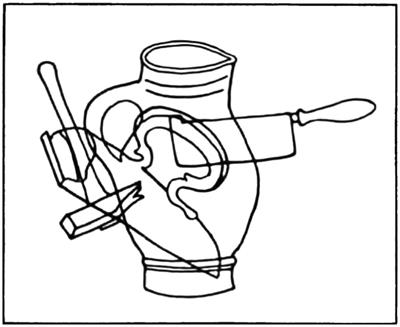MINI REVIEW
Published on 28 Apr 2022
Working Memory Deficits in Multiple Sclerosis: An Overview of the Findings
doi 10.3389/fpsyg.2022.866885
- 2,734 views
- 11 citations
3,128
Total downloads
16k
Total views and downloads
MINI REVIEW
Published on 28 Apr 2022
ORIGINAL RESEARCH
Published on 31 Mar 2022

MINI REVIEW
Published on 03 Mar 2022

REVIEW
Published on 28 Feb 2022
